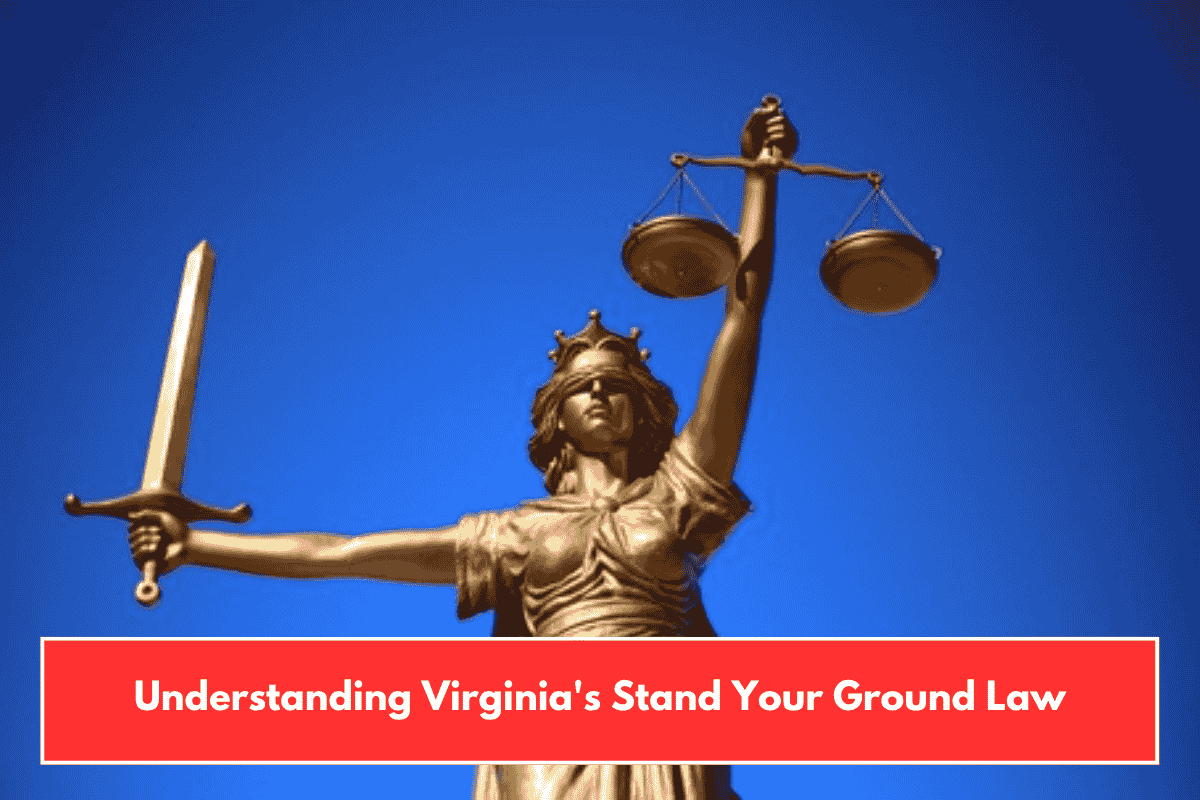Virginia does not have a stand your ground statute, but state courts have established through case law that there is generally no duty to retreat before using force in self-defense if you are not the aggressor and are lawfully present. This means that, under certain circumstances, you are not required to try to escape or withdraw before defending yourself, including with deadly force, if you reasonably believe it is necessary to prevent imminent harm.
Key Principles
- No Duty to Retreat (with Conditions): If you did not provoke the confrontation and are lawfully present, you are not required to retreat before using reasonable force—including deadly force—to protect yourself from an immediate threat.
- Aggressor Exception: If you are the initial aggressor or at fault for starting the conflict, you must attempt to withdraw and communicate your intent to do so before using force in self-defense. Only if the other party continues the attack may self-defense become legally justifiable.
- Castle Doctrine: Virginia follows the castle doctrine, which means there is no duty to retreat when defending yourself in your own home.
Legal Limits
- Reasonable Belief and Force: The use of force must be based on a reasonable belief of imminent danger, and the amount of force used must be proportional to the threat faced.
- Deadly Force: Lethal force is only justified if you reasonably believe you are facing serious injury or death.
Summary Table
| Scenario | Duty to Retreat? | Notes |
|---|---|---|
| Not the aggressor, public place | No | May stand your ground if threatened and lawfully present |
| Aggressor or at fault | Yes | Must attempt to withdraw and communicate intent |
| In your own home (Castle Doctrine) | No | No duty to retreat from an intruder1 |
Virginia does not have a statutory stand your ground law, but courts recognize that non-aggressors have no duty to retreat before using reasonable force in self-defense, including deadly force, if they are lawfully present and face an imminent threat. The law is stricter for aggressors and outside the home, where retreat is expected if safely possible.
SOURCES
[1] https://www.tmwilsonlaw.com/criminal-law/self-defense
[2] https://www.tkevinwilsonlawyer.com/library/how-self-defense-laws-in-virginia-can-help-in-your-defense.cfm
[3] https://en.wikipedia.org/wiki/Stand-your-ground_law
[4] https://lis.virginia.gov/bill-details/20251/HB2631/text/HB2631VG
[5] https://www.markbarthur.com/blog/2025/04/an-overview-of-self-defense-laws-in-virginia/














